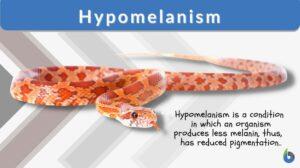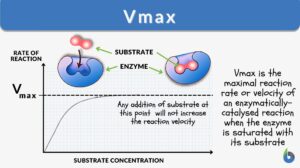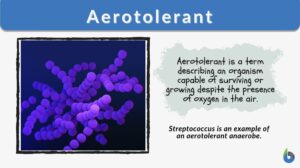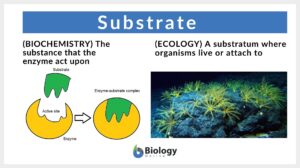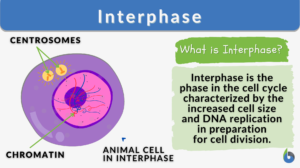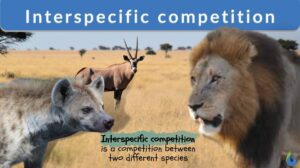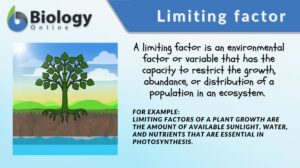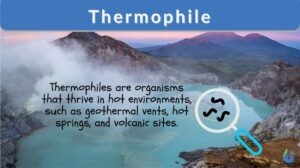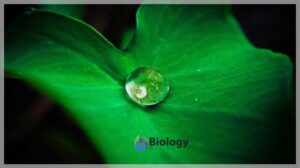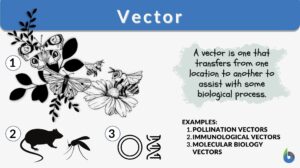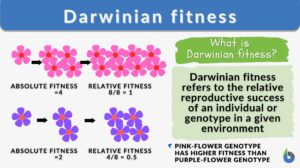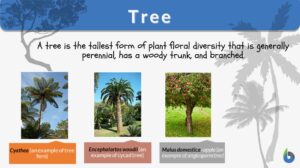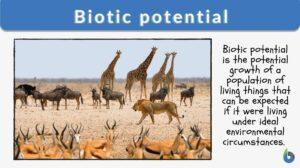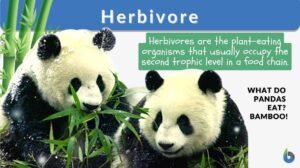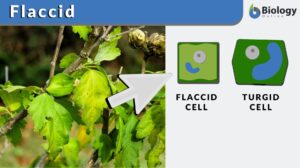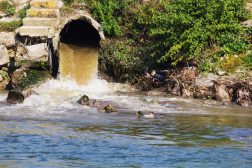Search Results for: optimum
Positive feedback
Positive Feedback Definition Each mechanism of the body like temperature, blood pressure, and levels of specific nutrients... Read More
Hypomelanism
All the body cells of living organisms bear some color due to one or the other pigment molecule or complex. The pigment can... Read More
Photosynthesis
Photosynthesis is a physio-chemical process carried out by photo-auto-lithotrophs by converting light energy into chemical... Read More
Aerotolerant
Aerotolerant Definition The term "aerotolerant" pertains to an organism that does not require oxygen for growth but can... Read More
Animal Water Regulation
Homeostatic control, a set environment, and how evolution and natural selection drives a species to adapt to its environment... Read More
Interphase
Interphase is the critical period in the eukaryotic cell cycle characterized by a sequence of events like the G1 phase where... Read More
Interspecific competition
Interspecific Competition Definition In Biology, competition is defined as the process that occurs among species that have... Read More
Decomposer
Decomposer Definition The organisms that carry out the process of decay or breakdown of the dead organism are known as... Read More
Abiotic and Biotic Factors
Abiotic factors are essentially non-living components that affect the living organisms of the freshwater community.When... Read More
Biological Cell Introduction
It only takes one biological cell to create an organism. In fact, there are countless species of single-celled organisms,... Read More
Nuclease S1
Definition noun An endonuclease enzyme capable of degrading single-stranded DNA and RNA Supplement The nuclease S1 is a... Read More
Limiting factor
Limiting Factor Definition A limiting factor refers to any of the factors (variables) in an environment capable of limiting... Read More
Gamma-amylase
'Definition noun, plural: gamma-amylases A form of amylase that cleaves the last alpha-1,4-glycosidic linkages at the... Read More
Thermophile
Thermophiles Definition What are thermophiles? Let us first understand the literal meaning of the word ‘thermophile’.... Read More
Characteristic
Characteristics Definition We can define characteristics as qualities or features that describe the distinctive nature or... Read More
Primary productivity
Planet Earth is home to different types of life forms ranging from microscopic bacteria to giant whales and elephants. To... Read More
Hydrophobic
Hydrophobic Definition The fear of mixing or reacting with water under a given set of reaction parameters is often referred... Read More
Incubation period
Incubation Period Definition The incubation period is the time duration between exposure to the pathogen and the appearance... Read More
Brief Review on Climate Change and Tropical Peatlands
Peat soils are formed from biochemical process on moderately decomposed vegetation by aerobic microorganisms. It is mostly... Read More
Facultative anaerobe
Facultative Anaerobe Definition What does facultative anaerobe mean? Facultative organisms are the most adaptable... Read More
Methods of Breaking Seed Dormancy
Definition of Seed Dormancy:Non – germination of seeds due to absence of suitable conditions is termed as dormancy.... Read More
Darwinian fitness
Darwinian Fitness Definition Darwinian fitness refers to the measure of an individual organism's or genotype's reproductive... Read More
Adaptation Tutorial
Adaptation, in biology and ecology, refers to the process or trait through which organisms or the populations in a habitat... Read More
Industrial Microbiology
Definition noun Related to environmental, social and economic importance that are engaged in the utilization of... Read More
Biotic potential
When we look at the different forms of life, we often wonder how they have continued to exist one generation after another.... Read More
Axenic culture
Definition noun A microbial culture that contains only one species, variety, or strain of... Read More
Pollution in Freshwater Ecosystems
As with all ecosystems, the existence and operations of human society inevitably have an effect on the way of life in a... Read More


